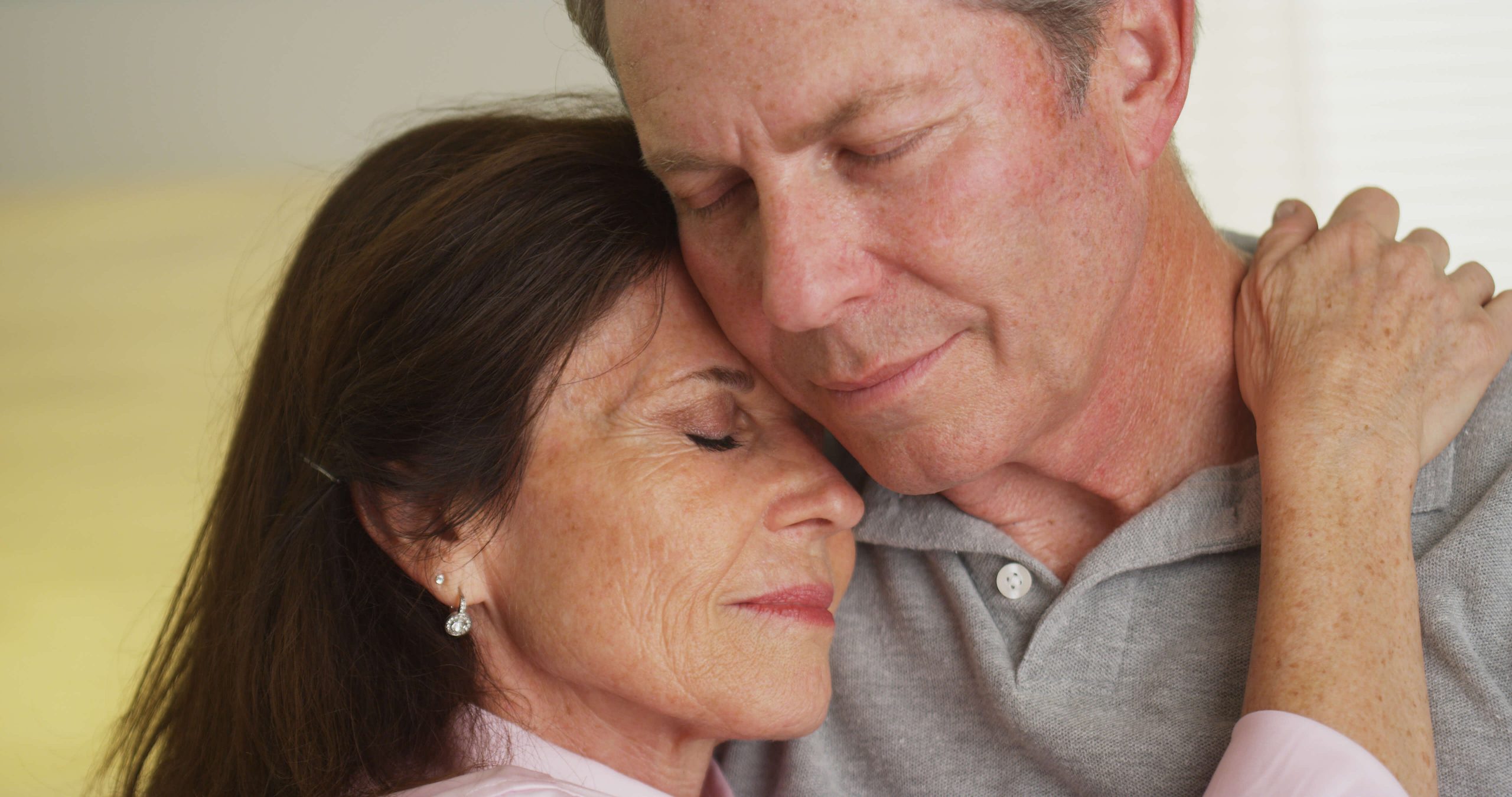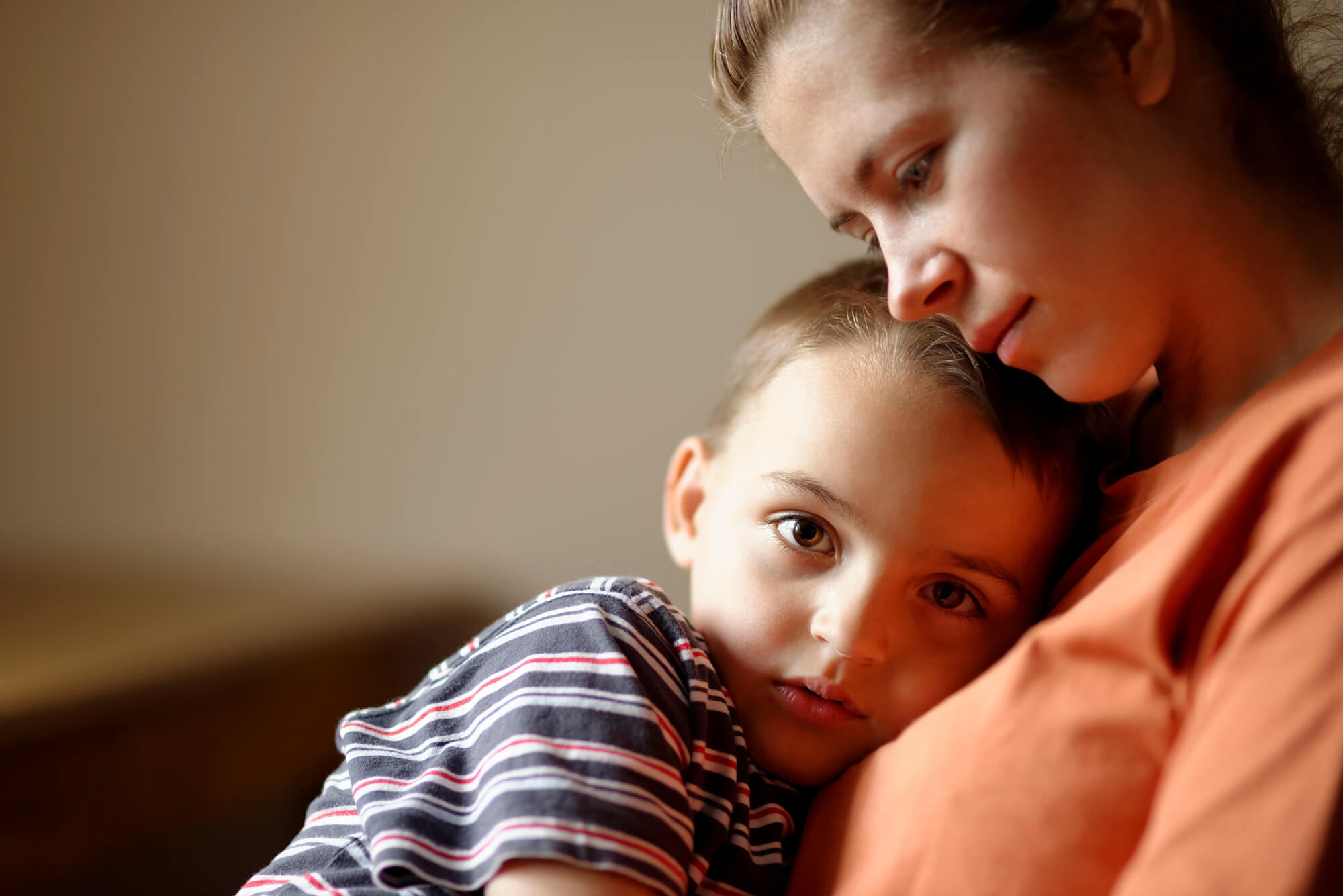Discernment counselling helps you when one or both of you are considering separating.
“In discernment counselling we don’t try and solve your problems – we are just working out if they can be solved.”
Sometimes during a relationship, especially when in crisis, a couple may think they want to separate, however they are not totally sure if this is the right choice. For some couples at this time of crisis, one member of the couple feels that they may want to leave the marriage and they agree to couples’ therapy to determine what the best way forward is.
All too often, when one person has decided they probably want out, the other partner in sensing this, can then try very hard to get closer, hoping to save the relationship. Unfortunately, for many couples, this last-minute attempt to re-connect can have the opposite effect. Whilst this effort might have worked wonders weeks, months or years earlier, there is a point where it seems to have no affect other than to push the distant partner even further away.
These points of crisis in a relationship are very hard to navigate, and many people panic and insist on relationship counselling, but relationship counselling will be painful and just won’t work if one person has a different agenda to the other. After being in love and trying so hard to be close for so long, it is tough for either of them to decide whether they want to leave a relationship or stay and try (yet again) to make it better.
This is where discernment counselling can be so useful – because neutral guidance can help in making the decision become clearer. Your ultimate decision will probably look like one of the following:
You may decide to commit to relationship counselling for a certain period to try and make things better.

Relationship Counselling is always a risk – because you open up your heart to someone you love in counselling in order to correct misunderstandings, overcome past hurts, change and reconnect. It isn’t fair to put yourself or your partner through that kind of pain if one of you isn’t fully committed to the process.
It is much more helpful for the couple to agree to discernment counselling to create some clarity around the decision-making process. During the discernment process our therapists employ tools in counselling to try to encourage you to reflect individually on what you each want, on what has gone wrong and what your dreams are for the future. Then we look at all of these factors together and determine the best way forward. At this point, if as a couple you feel that that there is a possibility for the relationship getting back on track, you can then decide whether you want to fully commit to relationship counselling to make things better.
If you do choose that path, we often lock in a schedule for the sessions, of six months, for example, and start work. We start working on repairing hurts, trust issues and/or re-establishing broken emotional bonds between you. You can read more about this on our relationship counselling pages.
You may decide to take some time out to take pressure off or even leave things as they are.

Some couples decide to stick with the status quo and stay together as things are after discernment counselling. One or both of you may not be emotionally ready to make any major life decisions for a variety of reasons. There may be multiple reasons why progressing with relationship counselling or separation may not be appropriate at that time, most commonly health or work pressures, or coinciding events in your children’s lives.
However, if things are difficult between you, then for obvious reasons this may not be a preferred option for either of you, but it is a valid decision under certain circumstances.
You may decide to separate with the minimum amount of hurt and conflict.

We work hard in discernment counselling to get a sense of what has gone wrong. Often you may come to some surprising conclusions as we uncover patterns between you that have led to unnecessary distance and misunderstanding.
Sometimes there are nice surprises there, as you examine the hurt and blame from new angles. This can create enough relief for both of you to want to give relationship counselling a try.
However, there are many situations where staying together would be unhealthy and lead to frustration, unhappiness and perhaps even violence. If this is the case, and you if you decide to separate, our goal as therapists is to help you both leave with a better sense of the way the dynamic between you led you to where you are.
The way we see it at our centre, is that: “You may not have had a good marriage but you can have a good separation”. Isn’t that a liberating thought?
If your marriage or relationship must end, discernment counselling may at least provide you with some understanding of how your relationship has played out, and how each of you in some way may have contributed to it breaking down. This doesn’t mean we’re looking to attribute blame. Absolutely not – we’re working out the unique emotional pattern that evolved between the two of you, causing each of you to behave in ways that eventually led to you drifting apart. Not that the decision to break up is always a gradual one. It can happen suddenly, with one of you waking up one day, saying “I want out”.
This is of paramount importance: that we try and minimise blame, hurt and conflict so that your separation can be as amicable as possible. This will be of huge benefit to each of you, your health and if you have children, to them.
And if you re-partner? You don’t want to play the same tape again – some deeper insight around separation will undoubtedly support a stronger connection with a possible future partner.
How does it work?

If you come to discernment counselling, no-one will be making any negative judgements about who may have done right or wrong. Your therapist will simply listen to you and help you figure out what is right for each of you, and for the couple you may or may not become.
We will likely do more work in individual sessions than would be the case with relationship counselling. At our centre we limit sessions to a maximum of about six, as we find for most people, by that point, they really want and need to find their own direction. Sometimes it might only be 1 or 2 sessions where one partner makes a final decision – but on average we might do 4 or 5 sessions in discerning your preferred outcome.